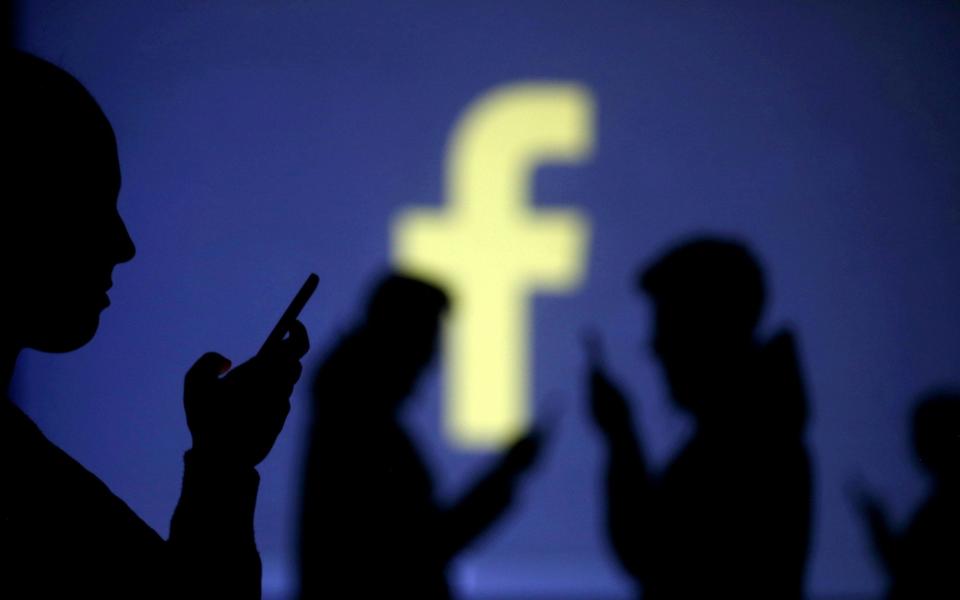Facebook starts rating users on trust to combat fake news

Facebook is rating how trustworthy its users are with a secret “reputation score”, it has emerged.
The social media giant assigns each of its members with a number between zero and one to determine how reliable they are when reporting fake news.
Facebook will not show the score to users or reveal exactly how it determines the trustworthiness of each user.
Tessa Lyons, the Facebook executive in charge of fighting online misinformation, said the rating had been developed over the last year.
The score is meant to make it easier to combat fake news, since reports from users who are deemed trustworthy will be taken more seriously by Facebook’s fact checkers.
Facebook, which has struggled in its attempts to eliminate false news stories being spread online, relies on several independent fact-checking organisations, which are tasked with responding when users report news stories as false.
Stories deemed fake are not banned but may carry warnings when users try to share them in future, and are downgraded in Facebook’s central news feed.
However, Ms Lyons said the fact checkers have been inundated by reports from users who merely disagreed with stories flagging them as fake. People who are found to repeatedly report legitimate news stories will see their reputation score cut and future reports taken less seriously.

Ms Lyons told The Washington Post it was “not uncommon for people to tell us something is false simply because they disagree with the premise of a story or they’re intentionally trying to target a particular publisher”. “People often report things that they just disagree with,” she added.
However, the news drew unflattering comparisons to China’s social credit score, a government-run system in which online behaviour can affect people’s access to jobs and mortgages.
Facebook denied that the rating amounted to a “centralised reputation score” and said the rating was only used to fight fake news.
“The idea that we have a centralised ‘reputation’ score for people that use Facebook is just plain wrong,” a spokesman said. “We developed a process to protect against people indiscriminately flagging news as fake and attempting to game the system. The reason we do this is to make sure that our fight against misinformation is as effective as possible.
Ms Lyons said Facebook uses several measures to assess a user’s credibility, and that the score was only one way it assessed fake news.
However, she did not say how else Facebook determines somebody’s rating, saying revealing the information would make it easier for people to abuse the system.
Earlier this year Facebook announced it would rank news organisations based on how credible users deem them to be.
Tiffany Li, of Yale Law School’s Information Society Project, said it was “premature” to worry about a Facebook rating score. “The intent here is not to create an all-encompassing rating system” she said.
Facebook has been accused by some of using its fight against fake news to suppress right-wing views. Last weekend, Donald Trump accused social media companies of favouring left-wing opinions. "They are closing down the opinions of many people on the RIGHT, while at the same time doing nothing to others," he tweeted.
Facebook has come under increasing pressure to combat fake news on its platform after the Cambridge Analytica scandal in which 87m Facebook users had their personal data collected without their consent and used for political purposes.
It is alleged the information was used by Cambridge Analytica to target voters during Donald Trump's 2016 presidential election campaign.

 Yahoo Finance
Yahoo Finance 